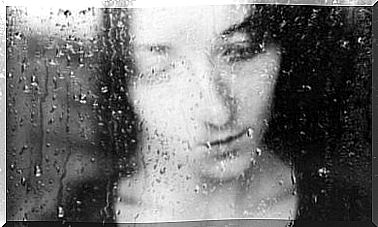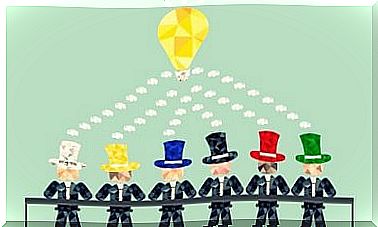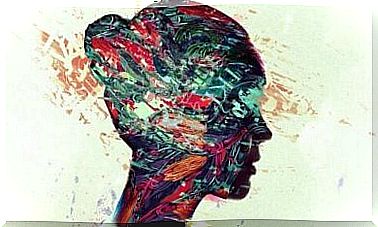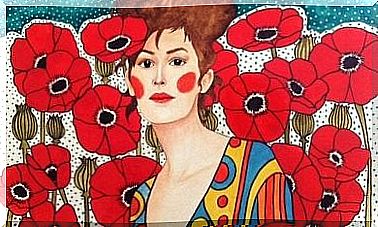Illusory Correlation, What Does This Mean?

Illusory correlation is when you see a relationship between two variables in your environment, regardless of whether such a relationship exists or not. It’s a phenomenon based on how the brain processes information to function in your environment.
Often, however, your interpretation of what you see around you does not quite match reality. That can lead to assumptions based entirely on your experience. A perfect example of illusory correlation is that which creates stereotypes and prejudices about certain groups of people.

What does illusory correlation mean?
As we mentioned above, illusory correlation is the perception of a relationship between two elements that may or may not exist. It’s a confirmation bias where someone’s experience leads to two things being labeled as interdependent, even though they may not be.
The individual experience does not have to be direct when it comes to establishing certain associations. In other words, there are cultural and societal level beliefs that promote these prejudices, even if you have no direct experience with the elements at hand.
An example would be people with tattoos and piercings as dangerous or people who wear uniforms as educated and obedient.
The features of illusory correlation
Illusory correlation often leads you to blindly follow your cognitive biases. In other words, you firmly believe that there is a relationship between two unrelated variables.
In simple terms, illusory correlation simplifies certain mental processes, causing you to act on what your experience (directly or indirectly) tells you.
In the same way, the behavior of certain groups in society is also simplified and we act on the basis of the available information. Thus, illusory correlation is a kind of mental shortcut that simplifies the relationship between two or more variables.
social psychology
Society influences certain types of beliefs, behaviors and attitudes. We behave in some way and are most comfortable in our own social groups.
As a result, illusory correlation affects the sense of belonging to certain social groups, sometimes increasing differences between groups. This explains why certain ways of thinking are beneficial to the groups to which we belong. Your mind naturally seeks the positive distinctiveness of your own group.
Practical examples
Here are some specific examples of this bias:
- People with tattoos associate with criminals.
- Assume that low-income people are also uneducated.
- Thinking that people of different races/ethnicities are dangerous.
- Believing that people who dress well and are physically attractive are also highly educated and wealthy.
Illusory correlation in other contexts
Illusory correlation does not only exist in terms of social groups. If you have experienced something once, illusory correlation leads you to believe it will happen again in exactly the same way. Here are other concrete examples:
amulets
Let’s say several bad things happened to someone in a row. This person hears that certain amulets have the ability to get rid of ‘bad energy’. When they buy such an amulet, they find that they have ‘more luck’ (English link).
Thus, he or she begins to associate the use of amulets with the prevention of bad energy. Even if the individual has bad experiences while using one, they will likely continue to use it.
Horoscopes
Reading the horoscope influences certain processes of reality perception. In other words, people who read horoscopes tend to believe the characteristics that describe them.
These are usually assumptions that apply to the majority of the population. So they focus on the details they most identify with and ignore the details that don’t apply.

Luck
In the same vein as amulets, luck is another phenomenon vulnerable to illusory correlations. For example, people who always go to job interviews with a ‘happy’ pair of socks and if they succeed, attribute this to those socks.
People also associate bad luck with certain clothes, people and objects. Illusory correlation provides an interesting insight into how we behave with certain objects or people based on our past experiences.









